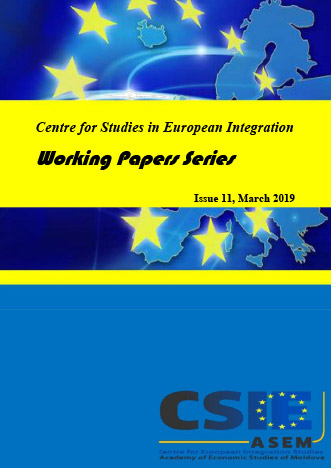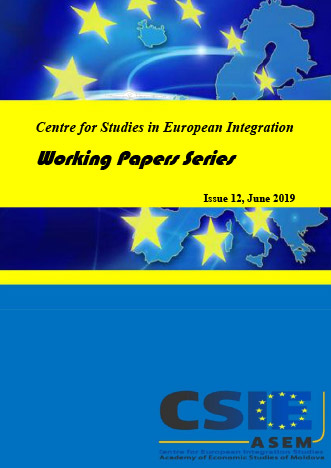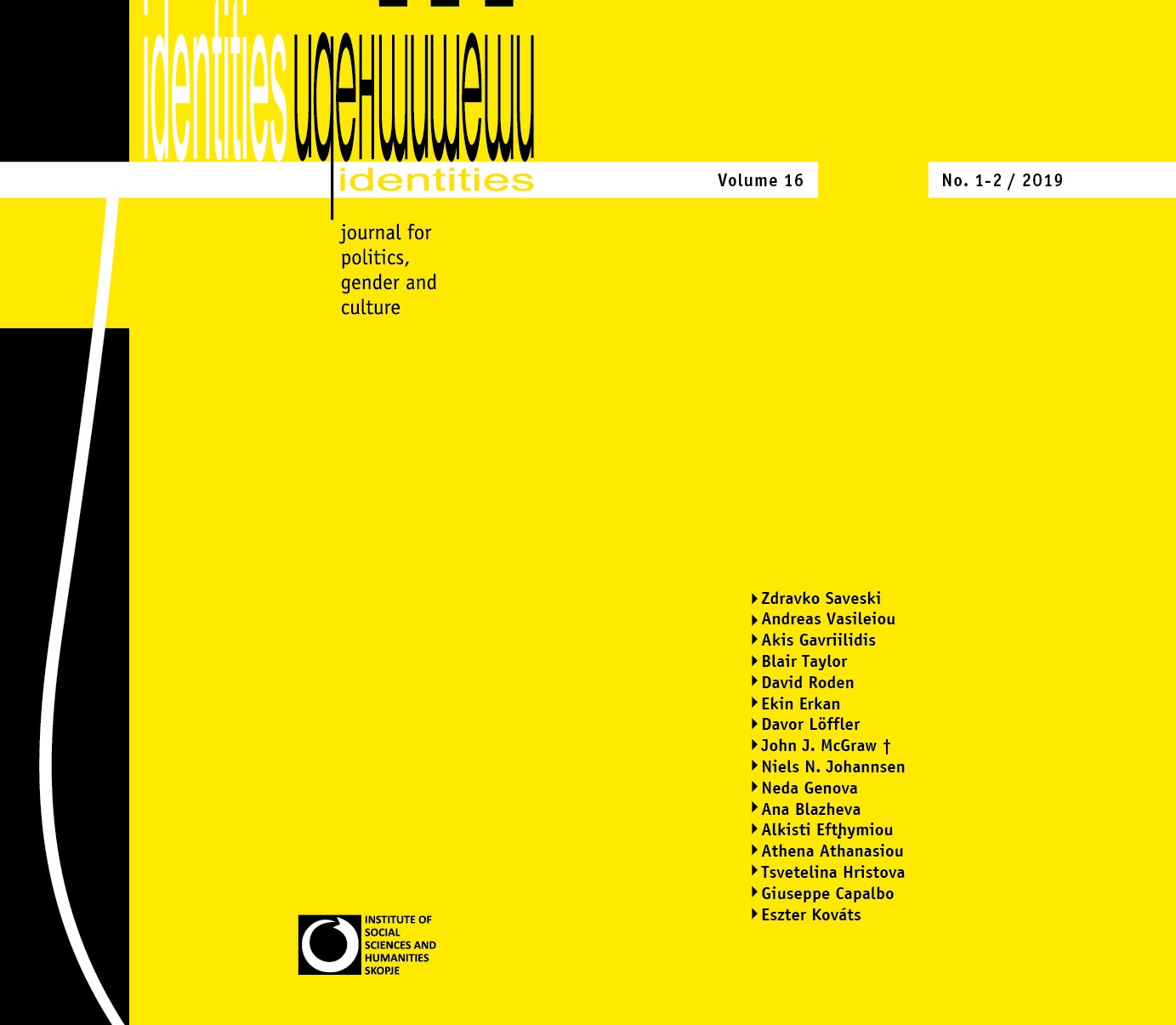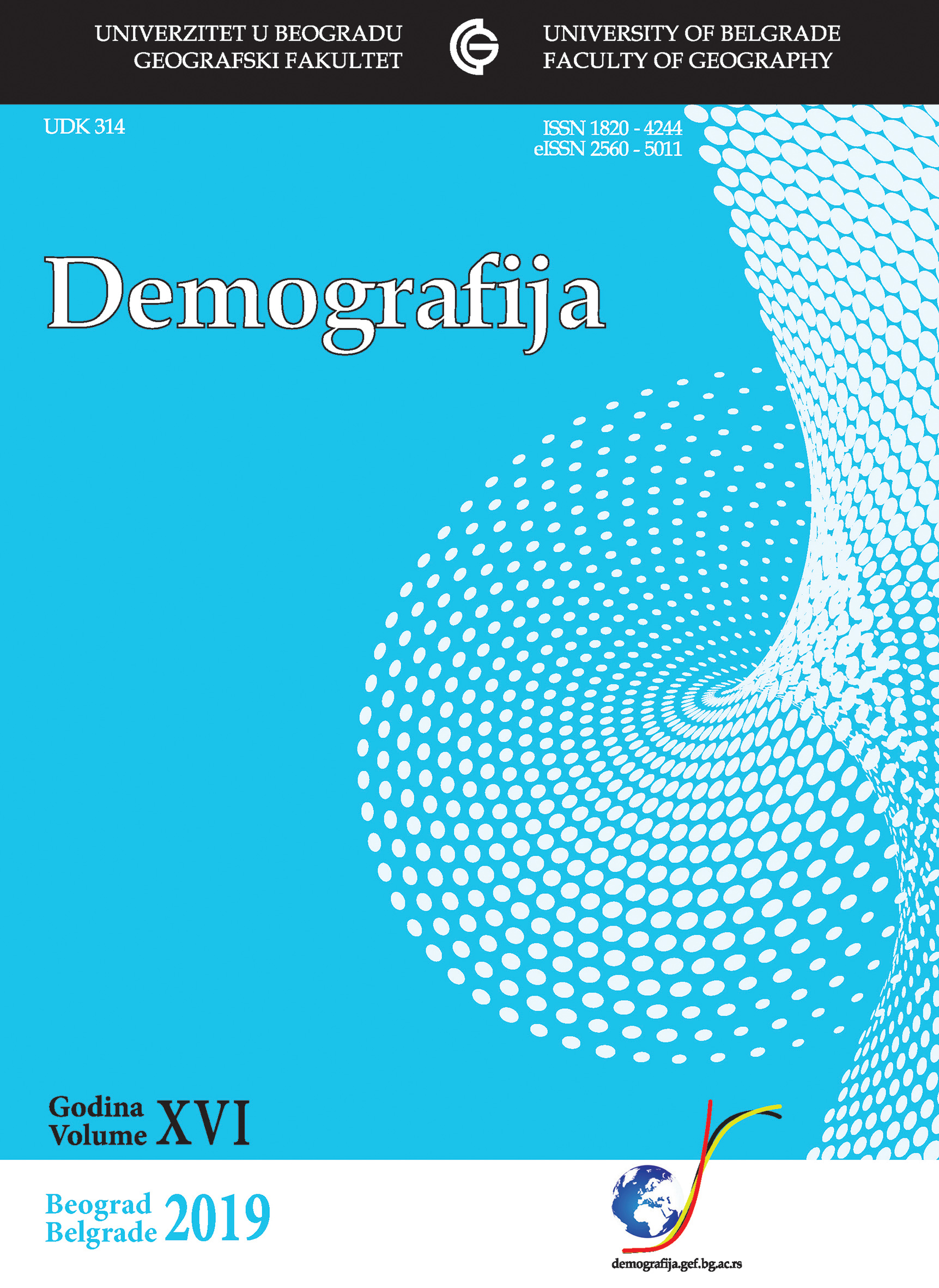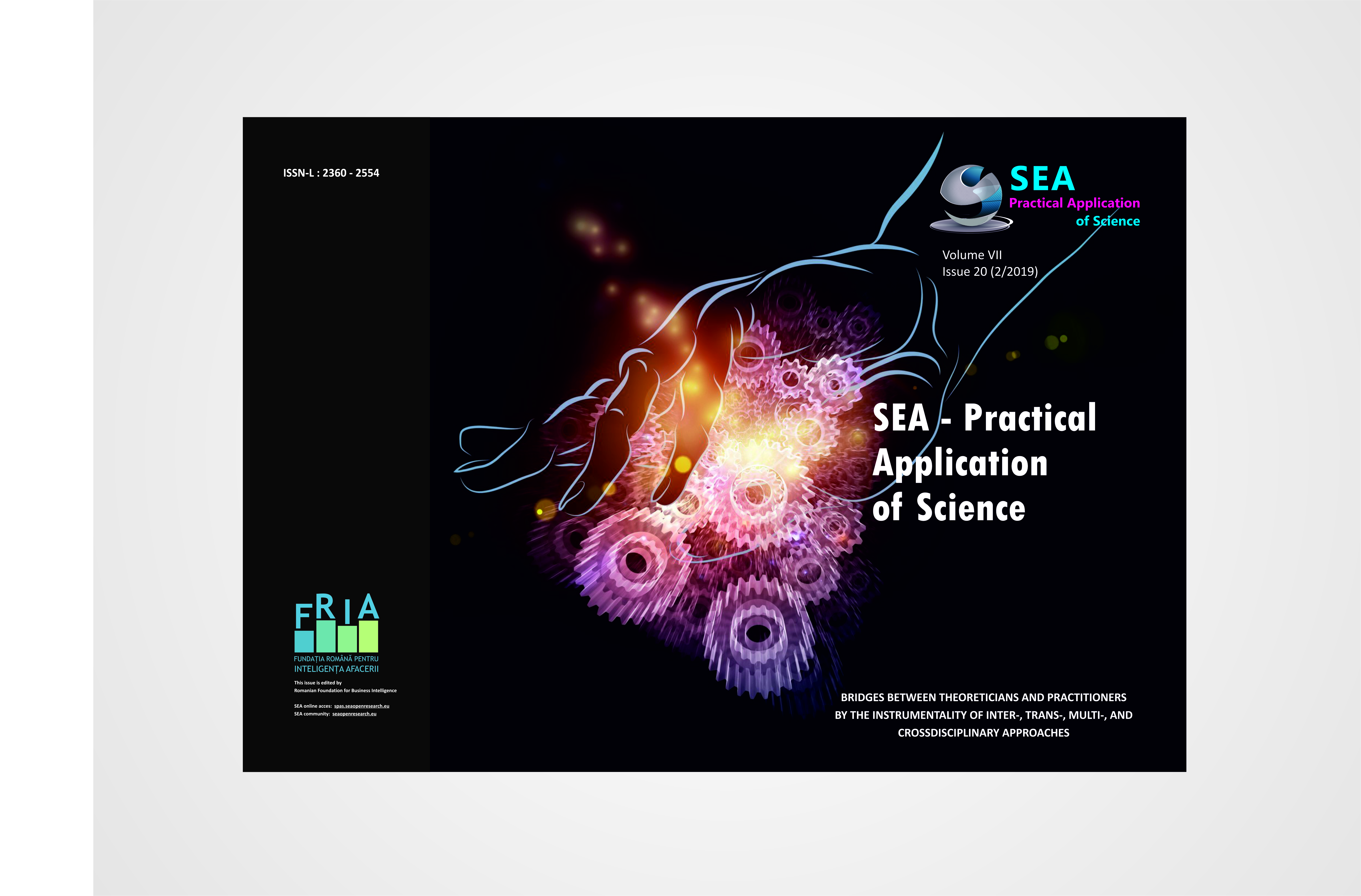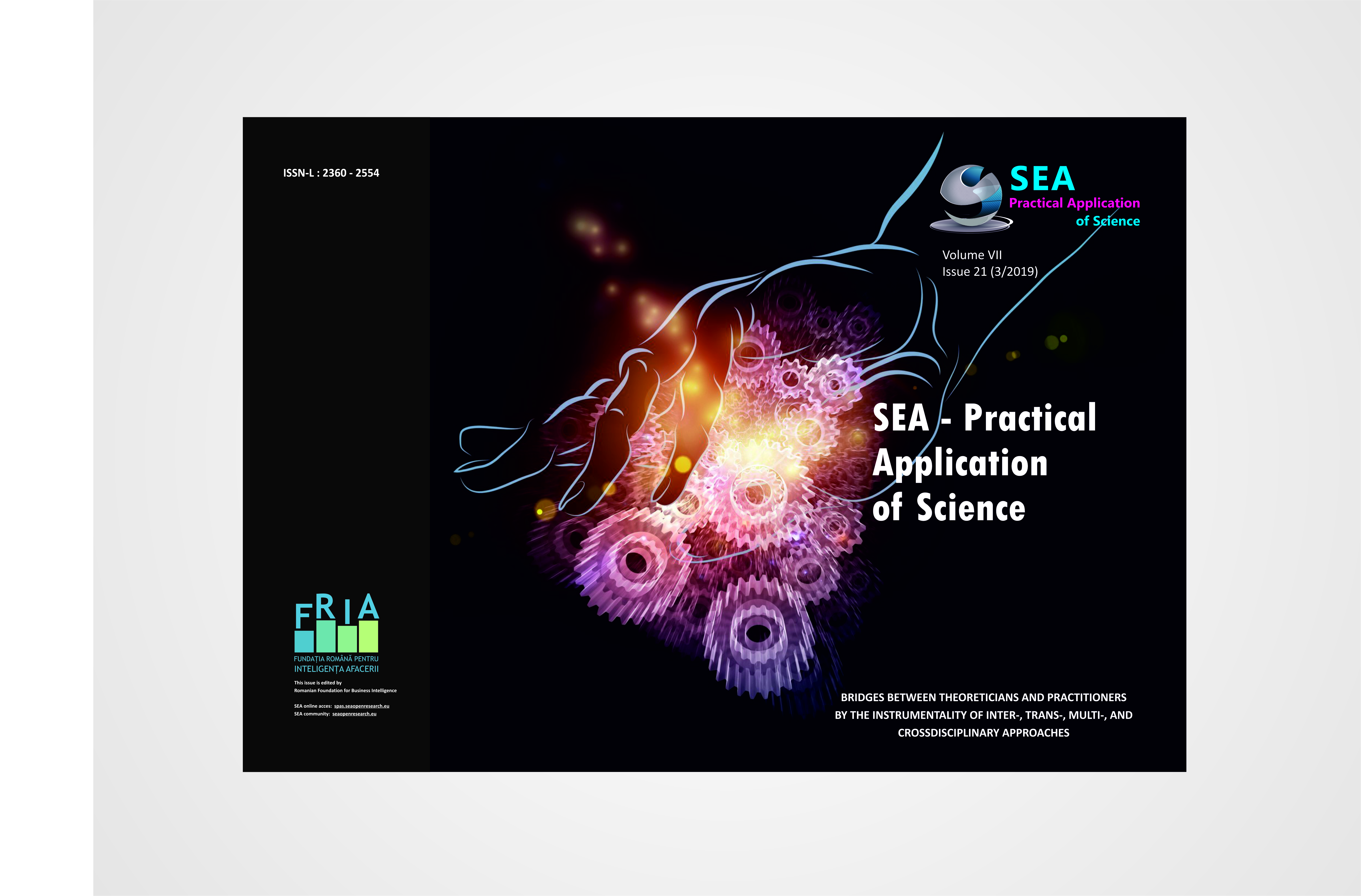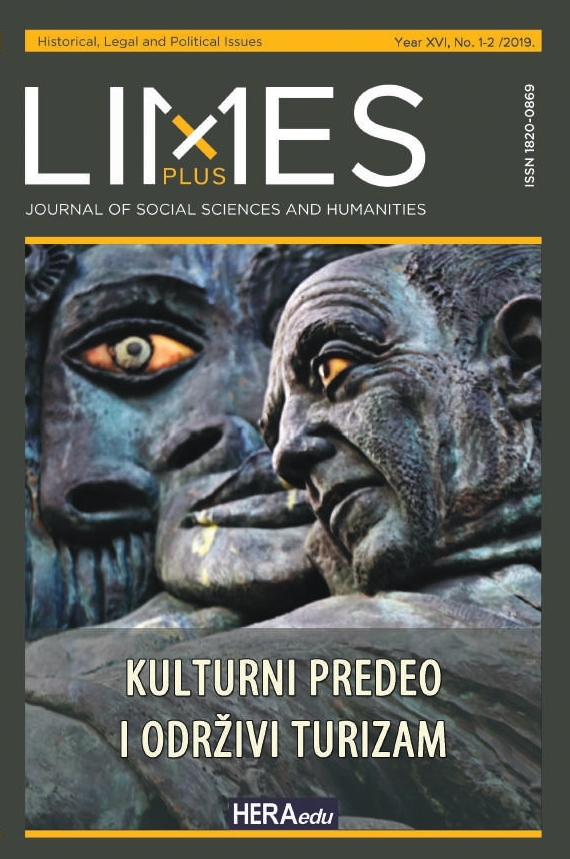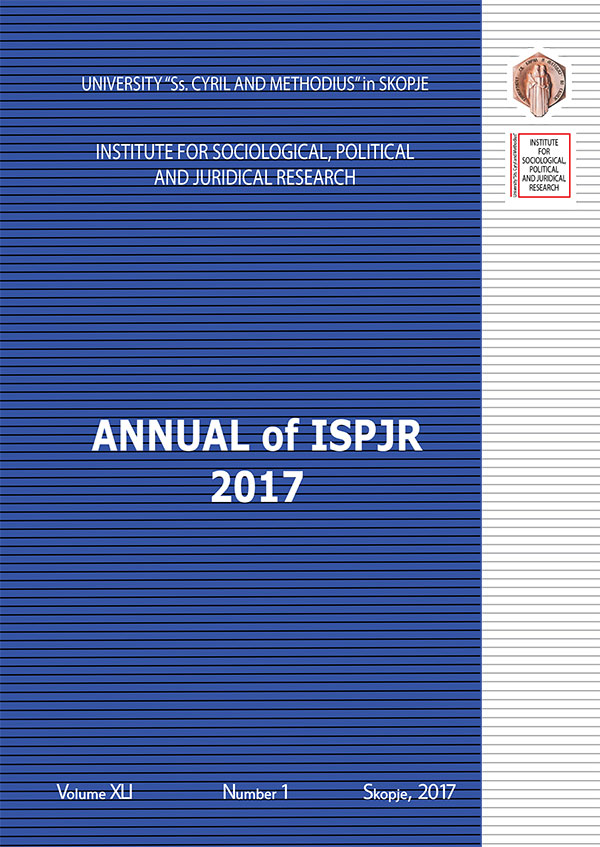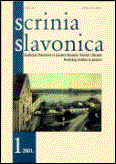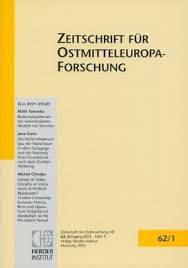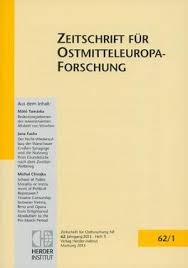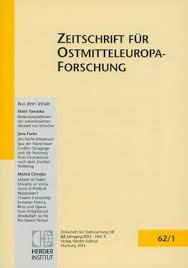Author(s): Marija Anđelković Stoilković / Language(s): Serbian
Issue: 16/2019
Researches of the Serbian border area have a long tradition. The centralist model of the state during the last century, in combination with a frequently unfavorable traffic geographic position, have strengthened the effect of barrier and isolation of the Serbian border area. The occurrence of depopulation in the eastern border, mountainous parts of Serbia, during the sixties of the last century, attracted the attention of the demographers. This led to the formation of stereotypes that border municipalities are isolated, underdeveloped and demographically endangered. However, the change of the borders of Serbia at the end of the 20th and the beginning of the 21st century led to the formation of new border municipalities. This calls into question the stereotypes about the Serbian border area.In domestic literature, the prevailing opinion that the Serbian border area is faced with numerous demographic problems, which include long-term emigration, and natural depopulation, leading to total demographic collapse. Regressive demographic trends have had adverse implications for demographic structures. However, the entire border area is not underdeveloped and demographically devastated, but in this area there are demographic "oases" with more favorable demographic characteristics. Also, there are municipalities with more favorable traffic, geographical position and economic indicators that exceed the national average.Highlighting the differentiation of the border area is crucial for an adequate political response to the current demographic problems. Public policy documents at the national level note the problems of emigration and depopulation, unfavorable human resources as an obstacle to development, but there are no precisely defined goals for their overcoming. Also, policies at this level do not respect the differentiation of the border area, both in relation to municipalities that do not have border status and between the border municipalities themselves. Some documents emphasize the importance of local self-government units, not as a substitute for existing measures at the national level, but as a supplement to them, based on the real needs of the local population.Public policy documents at the regional level are a positive example of recognizing specific problems of a particular area and representing the potential for an adequate political response.Positive examples exist at the local level, and that strategic documents most often include the phenomenon of insufficient birth and aging of the population. The problem is that despite noticing demographic problems at the local level, the envisaged measures are difficult to implement due to the limited revenues and budgets of local self-government units.
More...
